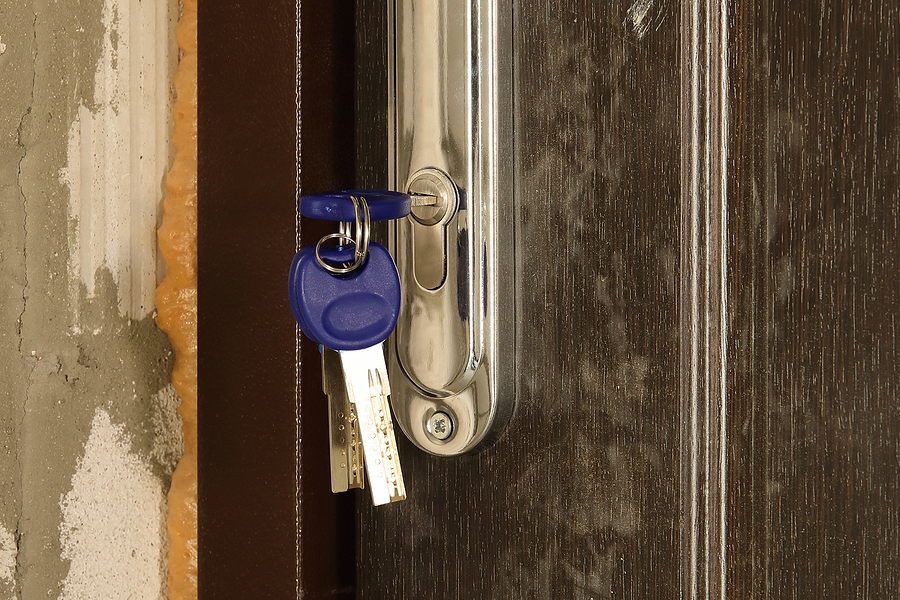What is an escrow account?
Buying a home can be exciting and stressful all at the same time. The thrill of making friends in your new neighborhood, redecorating, and having a place to call your own is the American dream. Purchasing a home can be confusing though. Most people only do it a few times in their life.
We hear our Realtors and mortgage people say things like, “we will set up your escrow”, or “you need to fund your escrow”. If you are not familiar with what that means, it can create confusion, and often people are embarrassed to ask what that means. “Escrow” can refer to a lot of things. In general, it means that money or something else is going to be held by a third party to make sure something gets taken care of. When you are buying a house, “escrow” is referring to the bank setting aside your money to make sure the property taxes and insurance get paid.
As a homeowner, you will have to pay property taxes. School tax for your school district is usually due in September. Town, and county taxes are due in January. You will also need to have homeowner’s insurance. Homeowner’s insurance covers the house for damages, and also provides coverage for your contents. The bank REQUIRES that the taxes be paid, and that the house be insured. If you were to fail to pay your taxes, your house could go into tax foreclosure – bad for you, bad for the bank. If the house were destroyed or damaged by fire or other event, the bank wants to know that somebody will pay for the repairs. That is why they require you have insurance.
To make sure the taxes and insurance are paid when they are due, the bank sets up an escrow account. Each month when you make your mortgage payment, a portion of the payment will get put into the escrow account. When the tax and insurance bills are due, the bank will pay the bills from the money in your escrow account.
Why does the bank require a full year of taxes and insurance cash at closing? On the date your mortgage loan closes, you will need to pay the seller of the house for the taxes they already paid for the remaining portion of the year. That is part of the money you are required to bring to closing. Also, there will not be a full twelve months of mortgage payments made by you before the next tax payment is due, so they need to prepare for payment of a full year of taxes.
As an example, if your closing date is July 1, the seller of the house paid a full year of town and county taxes on January 1. You need to pay them for the taxes for July through December that they already paid; 6 months taxes. When your next bill is due on January first, you will not have made twelve payments yet, so there will not be enough money in your escrow account to pay the bill. The bank has you fund the difference at closing so there is enough money to pay the bill when it comes due; another 6 months taxes. It doesn’t matter what the date you close is. The total of what you have to pay the owner, and how many months of escrow you have to put in the escrow will always equal twelve months.
Another way you might see this is if you hear somebody say, “That is P-I-T-I” when referring to your monthly payment. PITI stands for Principal, Interest, Taxes, and Insurance. When you get a loan, the “PI” is the principal and interest; the amount of the monthly payment that is going towards the repayment of the loan. The “TI” is the extra part of the payment that is added to fund your escrow account. If you put a large enough cash down payment, the bank may not require that you have an escrow account. They trust that you will pay it on your own. You still have the same expense for the taxes and insurance, but the bank does not manage it for you.
This article was originally published by at https://www.thekeytorentals.com/
Thank you for reading! 😊




.jpg)








